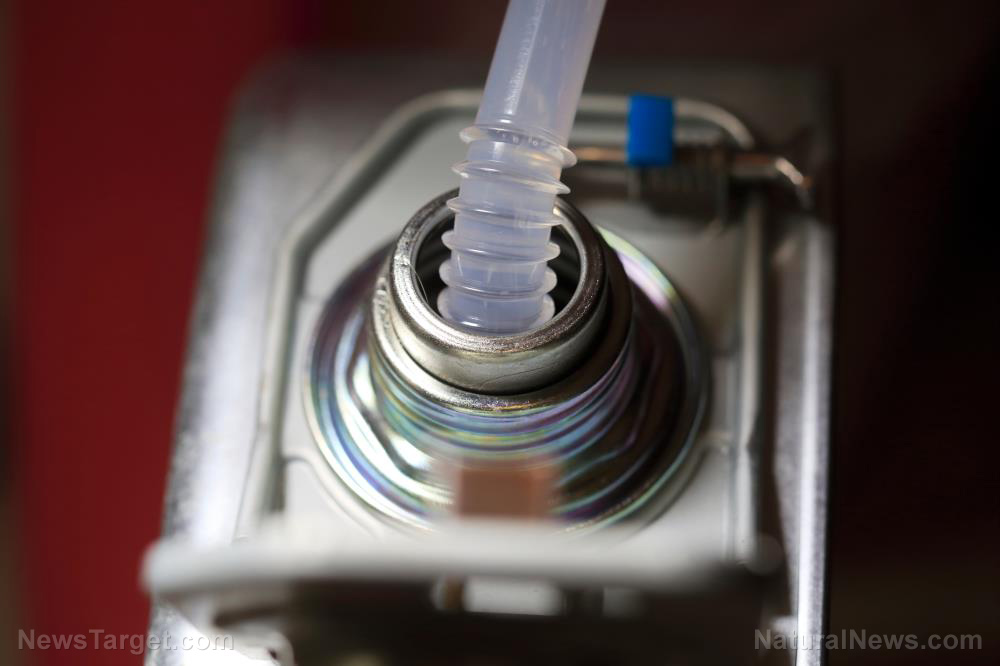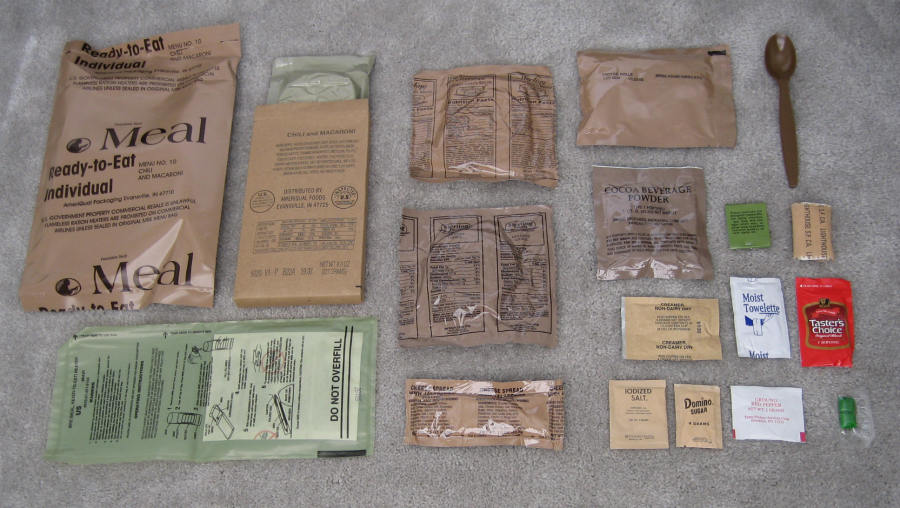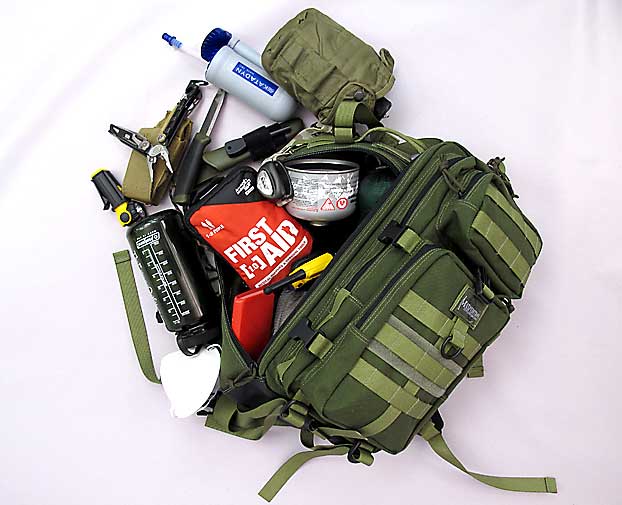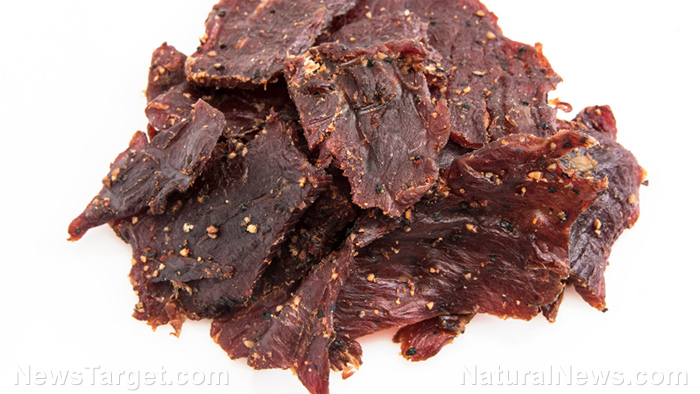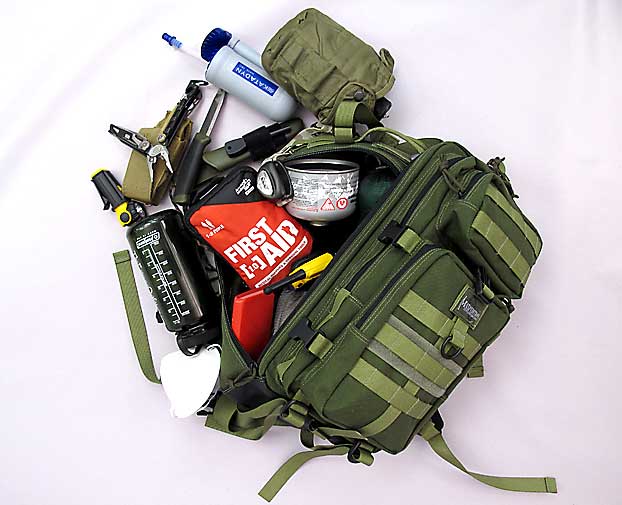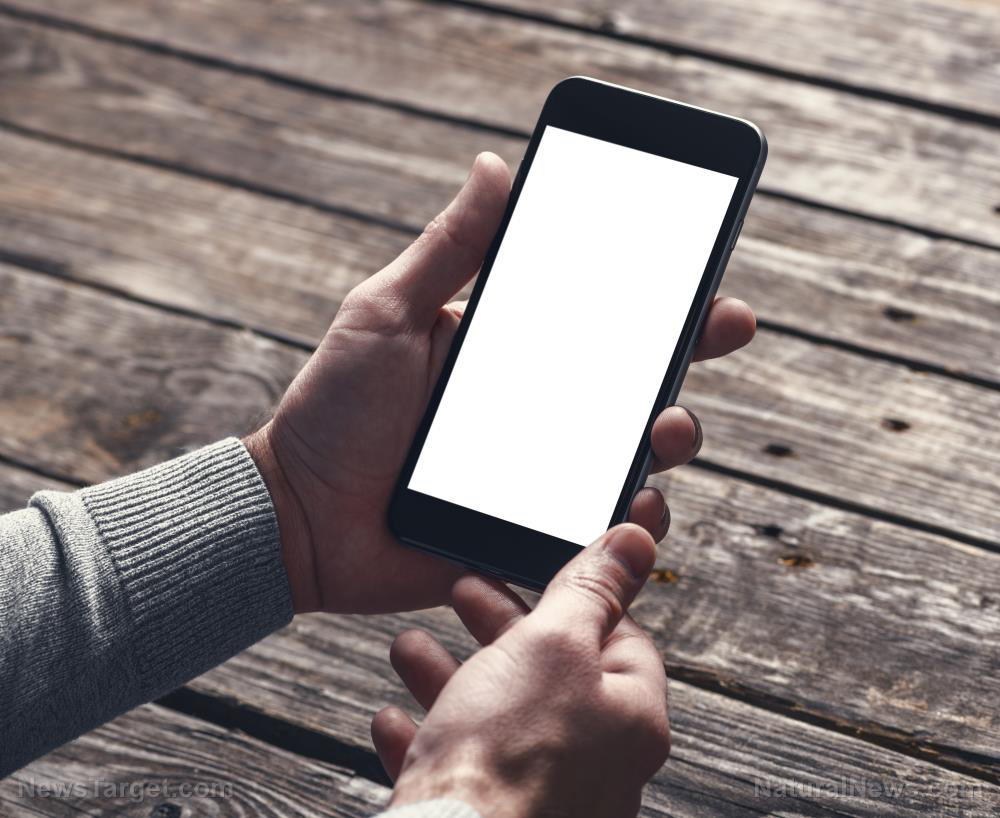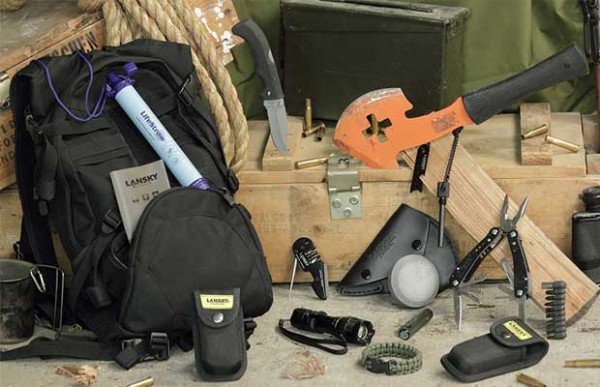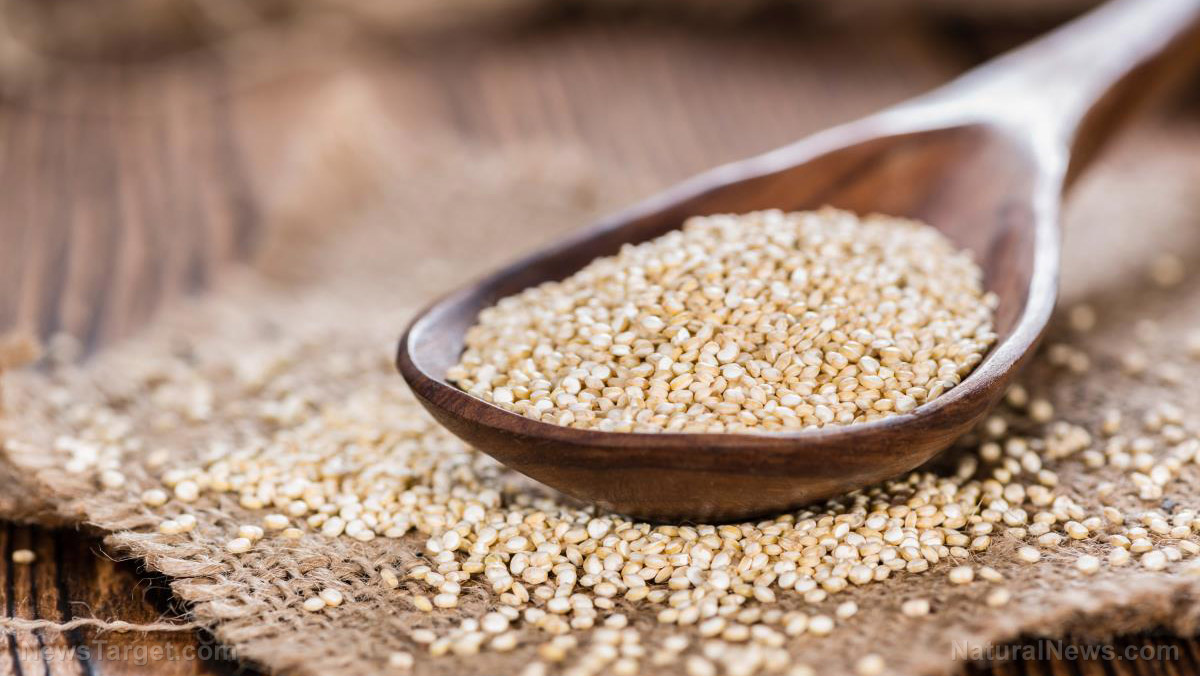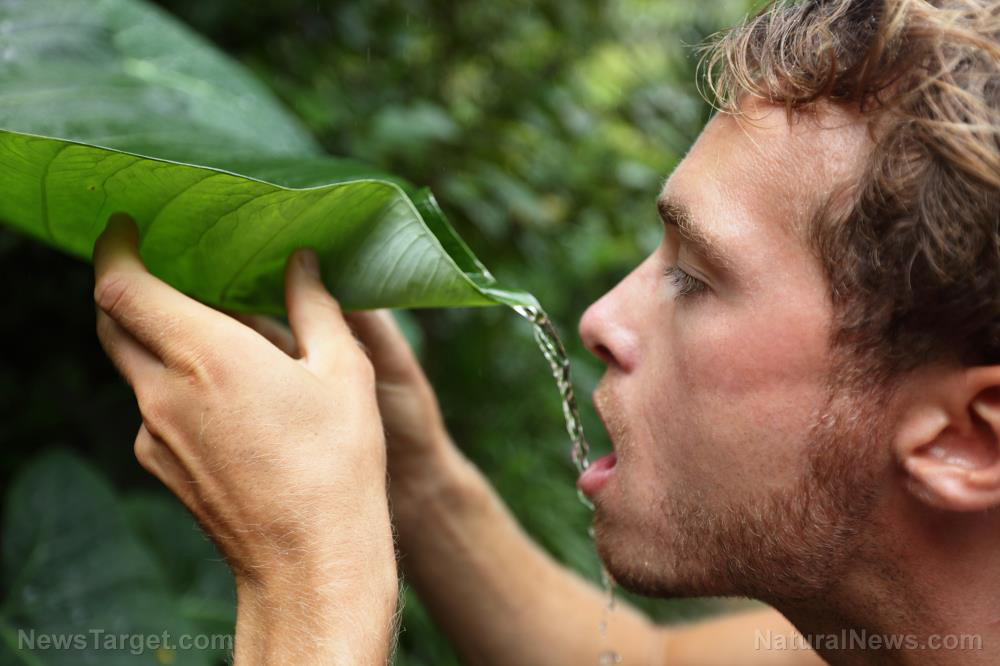Stay fresh in the wilderness with natural alternatives to personal hygiene products
07/20/2021 / By Nolan Barton
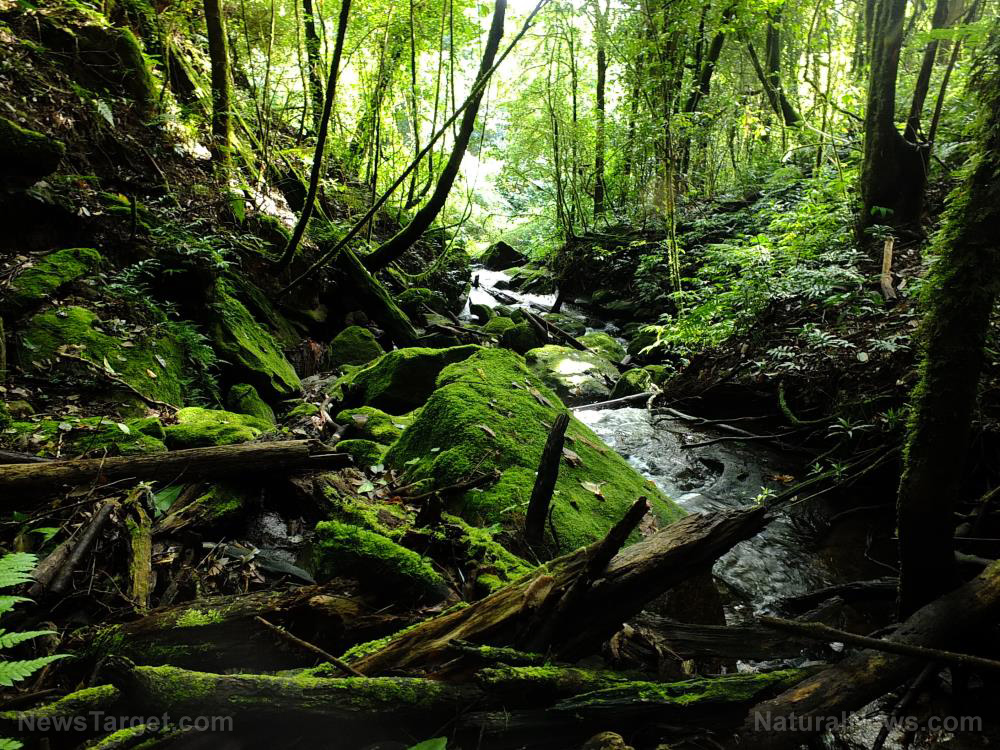
You may find yourself without a home and in the wilderness following a disaster or after SHTF.
Personal hygiene items are often taken for granted and overlooked by survivalists and preppers. But history tells us that more people have been killed by their own waste and the tiny microbes they harbor than all the wars put together.
Diseases and illnesses run rampant when a community’s infrastructure is destroyed. That’s why you should learn how to unlock and use the hygienic properties of plants when you get stranded in the wilderness. (Related: Wilderness survival skills that also work in an urban environment.)
Staying clean protects you from diseases and helps you maintain a healthy look. It also provides confidence and a much-needed feeling of normalcy under abnormal circumstances. Always remember that a bar of soap, a bottle of shampoo, some toothpaste and perhaps an antibacterial lotion can spell the difference between life and death when you are away from civilization.
Any bacteria buildup on your skin will make your body stale. Washing your hands, face and feet will prevent spreading bacteria from one part of your body to another. It will also prevent you from passing on your germs to others. Brushing your teeth and flossing will help you reduce the possibility of oral ailments.
Our ancestors knew a thing or two about proper hygiene
Cleanliness may seem like a modern concept, but our ancestors were also keen on maintaining proper hygiene. Phoenicians invented soap by boiling animal fat and diluting it with ashes. Ancient Greeks and Romans used to scrape their skin of dirt and sweat using oil and improvised scrapers.
According to Dr. Valerie A Curtis of the London School of Hygiene and Tropical Medicine, Neanderthals used seashell tweezers to pluck hair. She also related that “early cave paintings show beardless men, suggesting that grooming began early, perhaps to remove facial parasites.” Hygiene artifacts such as combs are among the earliest material goods recovered.
As humanity evolved, we learned about the existence of microbes and their role in causing various diseases. We finally had proof that proper hygiene can help kill disease-causing microbes. So if you get stuck in the wilderness after a major disaster, make sure to find natural alternatives to replace the products you use every day to stay clean.
Kill germs with DIY soap
If you don’t have soap, find plants that contain saponin. Saponin is a steroid with a foaming characteristic that – once mixed with water – will provide you with that needed froth to clean yourself. Yucca, mountain lilac, amole, soaproot, bouncing bet and buffalo gourd are some of the plants with high saponin content.
You can also make your own soap with ash and fat, just like the aforementioned Phoenicians. Rubbing ash from burned hardwood such as beech, alder, maple, oak, teak, mahogany, hickory and walnut on the skin before rinsing with water is an effective way to stay clean. If you boil that ash in water for at least 30 minutes, you will notice liquid lye starting to float.
If you don’t have both water and soap, try spending time under the sun. It will help you kill germs. Sun exposure also increases production of lymphocytes (white blood cells that are part of the immune system), which will help you fight off infections.
Brush your teeth small twig
After a week or two of not brushing your teeth, your teeth and tongue will be covered with a thick film that tastes unpleasant, and your breath will smell bad. You will need to brush your teeth and tongue to get rid of bacteria that cause bad breath and various oral issues.
If you find yourself in a pine forest, you can find a small twig with pine needles on it. You can use it as an improvised toothbrush. First, cut the needles to the length of toothbrush bristles and use them to scrape away any debris on your teeth. (Related: The toothache tree: Native survival medicine for pain and other uses.)
Alternatively, you can cut a small juniper twig at an angle and use it to scrape up and down on each tooth. Although it may take longer to clean your teeth, it is just as effective as the fir twig toothbrush. You can use sticks from any tree to scrub your teeth, but some are better suited for this job such as fruit trees, bamboo, fig, neem, silver birch, hazelnut and licorice root.
Rinse daily with pine needle tea
To get rid of that bad breath, you can make tea with pine needles and use it as a daily rinse. Oak leaves and acorns contain tannin, and if you boil them, you will obtain a breath freshener with the same results as the pine needle tea.
There are other plants you could use to keep your breath fresh. Parsley, dill, cardamom, anise seeds, cinnamon, basil, cloves, fennel and cilantro are great for this purpose.
Keep your hair clean and free of parasites
Keeping your hair clean is mandatory in the wilderness because fleas, lice and other parasites will swarm your hair in no time if left unchecked. These parasites can spread a myriad of diseases and if you don’t want to provide a permanent home for them, make sure you keep your hair clean and combed.
Mountain lilac and amole have excellent cleaning properties and also make your hair smell good. The berries of mountain lilac can also be used to make soap. You can pick the berries and store them for later use when soap is needed. As for amole, you will need to dig out the large taproot and chop it into fine pieces to make soap. Add water to the finely chopped root and rub it in your hands to obtain a frothy soap.
Nature has your back
Lacking toilet paper can become a problem in the wilderness, but you shouldn’t sacrifice clothes or random paper because nature has your back – pun intended.
Mullein leaves and lamb’s ear are ideal because the large, soft and pliant leaves are covered in downy fur. They were called cowboy toilet paper because they served this purpose well, and you can find them in almost every state.
Thimbleberry’s soft leaves can also get you out of a dirty situation. The plant can be found in the Northwest and all across the Great Basin. As a bonus, you can eat its delicious berries if you find them in season.
Follow OffGrid.news for more news and information related to living off the grid.
Sources include:
Tagged Under: ancient Greeks, Bad Breath, breath freshener, Great Basin, hygiene artifacts, immune system, liquid lye, lymphocyte, microbes, mountain lilac, natural hygience, neanderthals, oral ailments, personal hygiene, Phoenicians, pine needles, proper hygiene, saponin, self-sufficient, wilderness
RECENT NEWS & ARTICLES
COPYRIGHT © 2017 GEAR.NEWS
All content posted on this site is protected under Free Speech. Gear.news is not responsible for content written by contributing authors. The information on this site is provided for educational and entertainment purposes only. It is not intended as a substitute for professional advice of any kind. Gear.news assumes no responsibility for the use or misuse of this material. All trademarks, registered trademarks and service marks mentioned on this site are the property of their respective owners.



